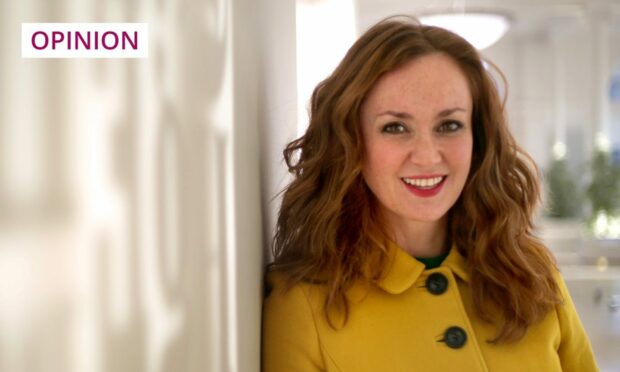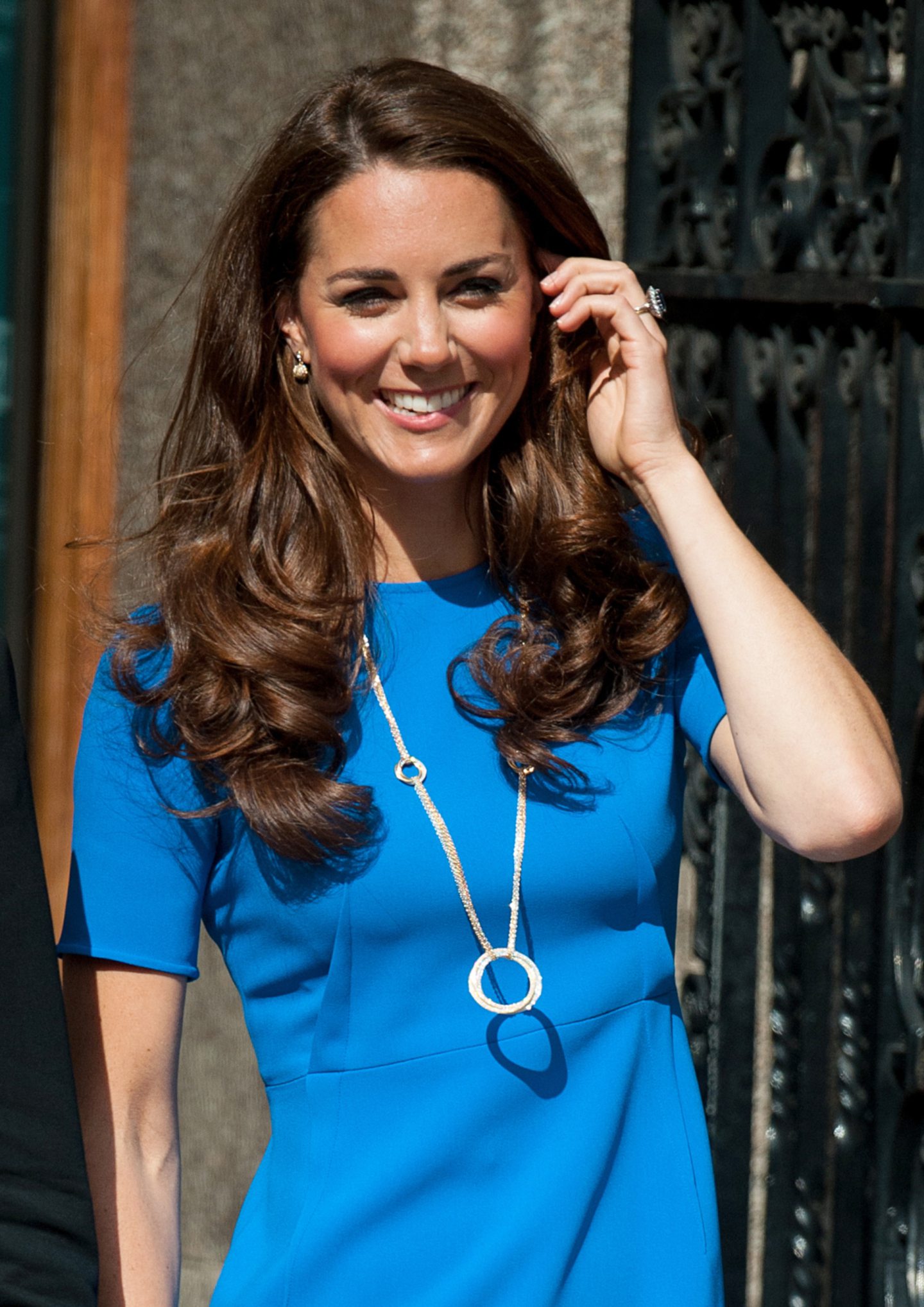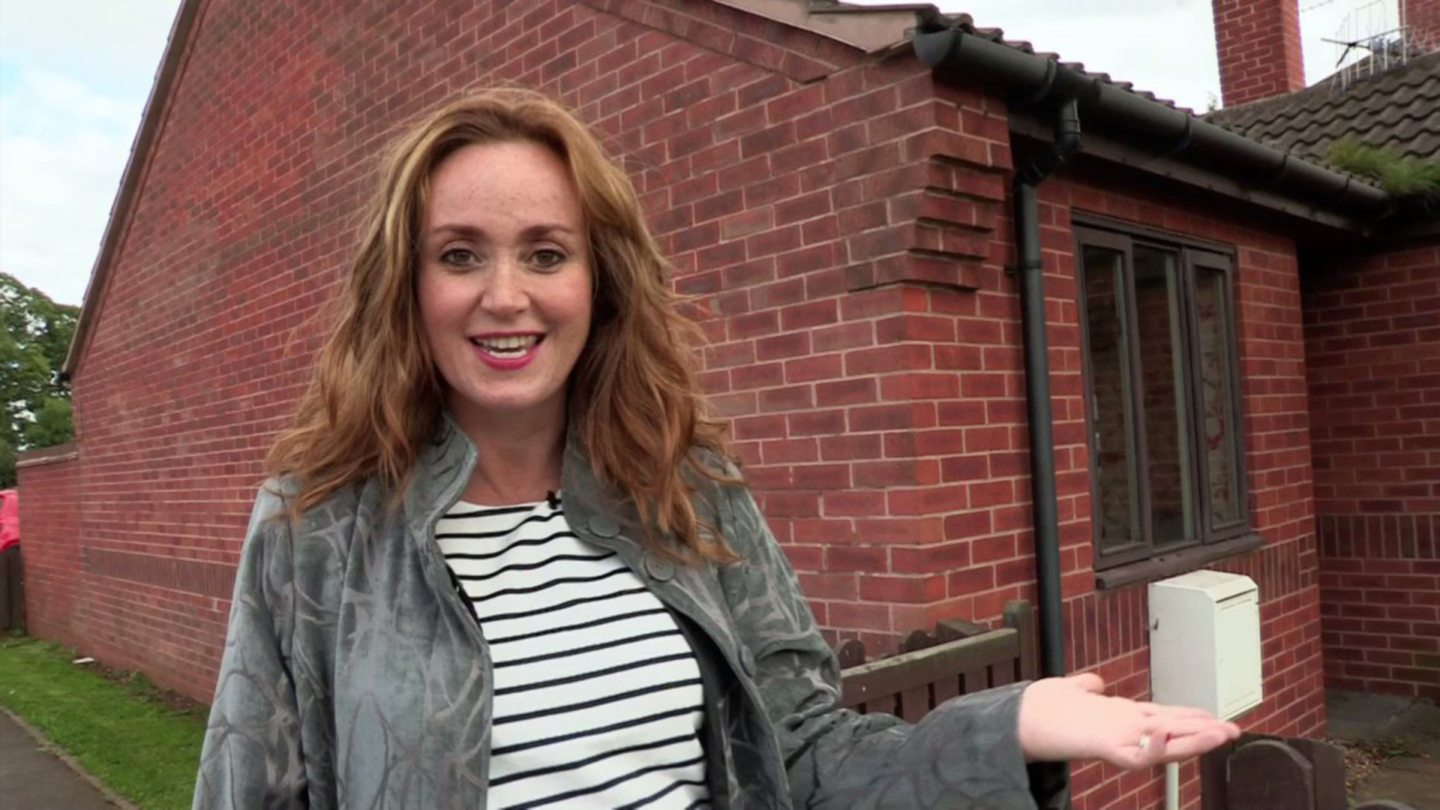Here’s a life lesson I wish I’d known earlier.
If someone is going to not like you for no good reason, don’t try to change their mind.
In other words, it’s taken me 47 years to realise there’s no point in trying to make people like you.
This week, I hoped it was something the Princess of Wales had learned.
I won’t give the not-very-famous-at-all person the publicity of a name check.
But basically, a former Big Brother contestant said some awful things about Kate’s appearance.
Neither will I detail the insults made, because they are not true and they are nasty – a desperate attempt to fan the flames of a dying previous 15 minutes of fame from reality TV.
The comments alone were mean but, given the royal has been undergoing some serious medical treatment for cancer, downright offensive.
That’s the case whether they had been about Kate or anyone else in that situation.
Not everyone is going to like you – you, me, the woman next door.
But imagine being the subject of debate by people you don’t know all day, every day.
‘Get to Fintry’
Fame or not, we have all experienced that awful pit-of-stomach feeling when you realise someone has said bad things about you.
Maybe it was scrawled on the toilets at school; or you had that sense that the moment you left a room, one friend (not really a friend) was speaking about you.
The opinions of people you love and like count of course, but so what of the others?
I’ve told you before about my small experiences of people I don’t know having an opinion of me.
From the comments under a newspaper article observing I’d fair ‘put on the timber’, to the Dundee taxi driver who told my gran he’d ‘not really’ met me but couldn’t stand me.
You might also remember she told him to get to Fintry.
It’s natural to feel hurt. In the past, whenever I sensed someone didn’t like me, I’d try to win them over – be funny, overtalk, overshare.
But if they don’t like you for no good reason in the first place, why want them as a friend?
Dundee coffee shop encounter
A lady came up to me in a Dundee coffee shop recently and said: “I think you’re great – in the paper and on your programme.”
I thanked her.
Then she said: “So don’t you listen to all those people who says otherwise. Don’t pay them any attention.”
What people? Where? What were they saying?
And what a funny thing to say.
She meant no harm, assuming I suppose I’d read whatever it was she had read on any of the echo chambers that facilitate the rants of angry people with something nasty to say.
I don’t get it. If I wrote a horrible thing about someone, I’d be up all night worrying I was a terrible person; that they’d read it and it was keeping them awake.
God help the Big Brother woman if she ever goes through something traumatic while mothering three children and knowing the world’s eyes would be on you for your first public outing.
What Kate looked at that remembrance event was poised and beautiful. In ignoring those who skulk into the shadows hoping to profit from her situation, she shows stoicism and grace.
Chasing fame
Wanting fame for fame’s sake has long been something my generation and before lament – when kids started to talk of wanting to be a footballer’s wife so they were famous; or be on a reality show that made them overnight.
Vacuous maybe, but at east that ambition wasn’t hurting anyone.
Another case in point in the news this week was that of a woman called Bonnie Blue, a Brit who jetted to Australia to walk round beaches with a placard round her neck.
On it was a plea for young men – mostly still in their teens, in their first year of university – to get amorous with her (the language was less ‘genteel’) so she could film it.
Then she posted it online, gaining swathes of attention, headlines and instant fame.
Fame. The goal. But at what cost?
What of the young boys who’ll never live it down, a moment of madness committed to the internet for life? And what of her future?
How do you convince a potential suitor you’re a good egg with decent values and trustworthy when you’ve done that?
As for those who say awful things – whether for fame or behind a veil of anonymity online, they are to be pitied.
For their eyes have to lift and level with themselves in the mirror every day.
One day surely – unless sociopathic, which is always a possibility – they will regret hurting others.
For the targets of vitriol, the gift of learning to give less of a stuff is hard won but worth it.













Conversation